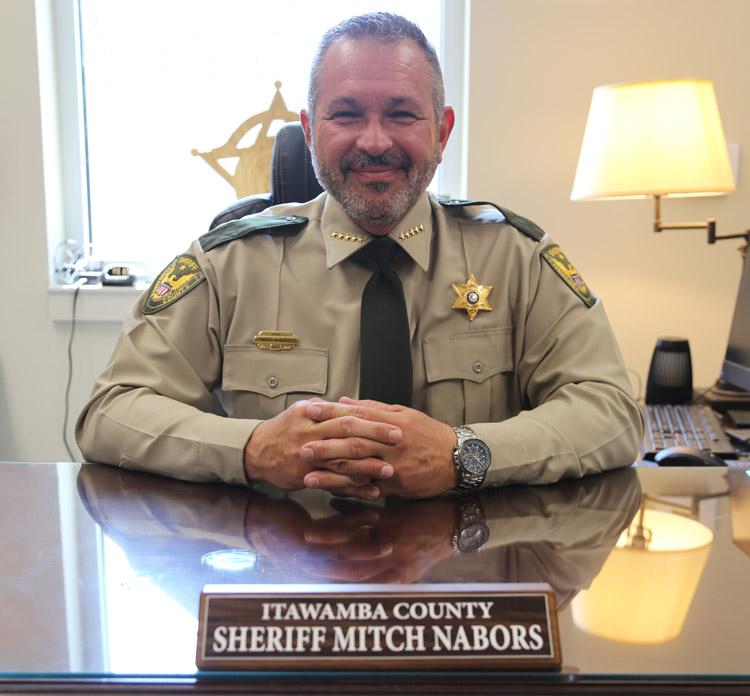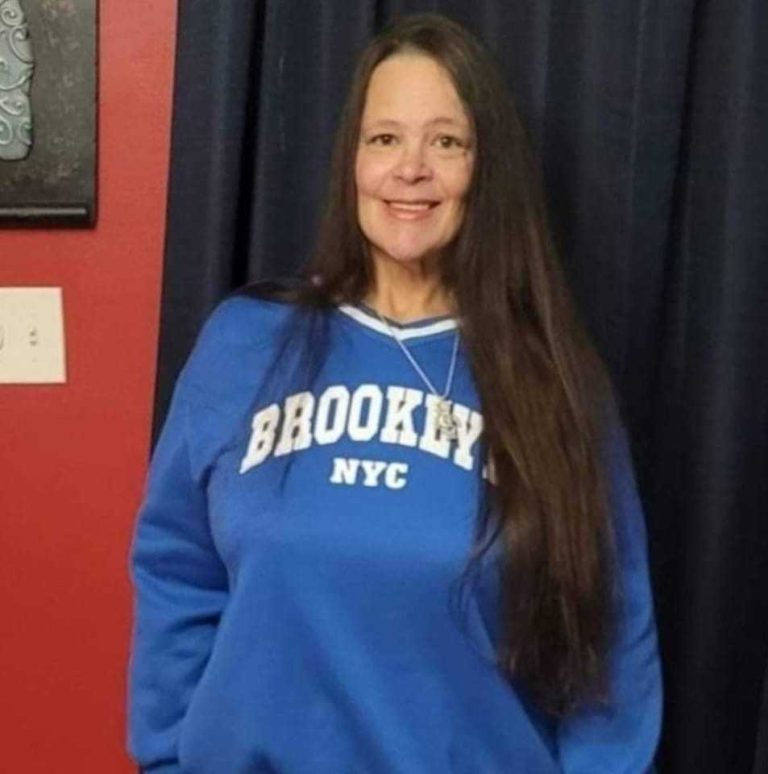DMH Partners with MacArthur Justice Center on Forensic Navigator Program
Thanks to a new collaboration between the Macarthur Justice Center and the Mississippi Department of Mental Health (DMH), Mississippians in local jails now have direct access to mental health resources and services.

The new MacArthur Forensic Navigator Program focuses on those areas where mental health services connect to the criminal justice system. The program will be a resource for all participants in Mississippi’s criminal legal system, including judges, prosecutors, sheriffs, public defenders, and family members of those languishing in jail.
DMH has worked closely with the MacArthur Justice Center for several years to improve services for Mississippians in need of mental health treatment held in local jails while awaiting trial. In Mississippi, those arrested and awaiting trial have faced long waits in detention before seeing the inside of a courtroom. Wendy Bailey, Executive Director of MDMH, welcomes the MacArthur Forensic Navigator Program and believes it will assist her office’s work in decreasing these wait times.
“Partnerships like this are crucial in expanding the reach and impact of mental health services in Mississippi,” Bailey said. “This program will benefit so many stakeholders in our criminal justice system, most importantly those people who are in need of treatment. We value the work of the MacArthur Justice Center and Mississippi State Hospital in helping provide those services.”
Cliff Johnson with the MacArthur Justice Center said that Mississippi, like many states across the country, has for too long allowed felony defendants struggling with mental illness to remained locked up in county jails while they await the legal process.
“Our hope is that this new program will bring an end to needless human suffering, take pressure off sheriffs who don’t have the training or resources to handle these situations, and make families and communities more stable,” he said.
The program is funded by a grant from Arnold Ventures and gives participants in the criminal legal system access to a “hotline” staffed by an experienced attorney who will bridge the gaps between courts, law enforcement, families, and mental health providers and assist in moving people with pending felony charges from jail to treatment.

The attorney tasked with helping these stakeholders “navigate” the legal and mental health systems is Stacy Ferraro, a local lawyer with years of experience working across the legal system on behalf of Mississippians charged with capital offenses and juveniles sentenced to life without parole. Ferraro says she will build on her existing relationships as she takes on this new challenge.
“I am eager to work with anyone who shares our goal of making certain that people who need mental health services can access quality care and aren’t left in a jail cell to spiral deeper into darkness. My experience has taught me that many of the people arrested in our local communities aren’t people who knowingly disregard the law but instead are family members and neighbors who are off much-needed medications and are acting in response to fear, panic, or delusions caused by their mental illness,” Ferraro said.
DMH Medical Director Dr. Thomas Recore has extensive training and experience in the field of forensic mental health and has overseen recent improvements in Mississippi’s forensic mental health services. Staff of Forensic Services provide opinions to courts to determine whether individuals are competent to participate in a trial and whether they were “sane” at the time of their alleged crime. He views this collaboration with the MacArthur Justice Center as an important next step in DMH’s ongoing effort to reduce wait times for forensic mental health services.
“I am immensely proud to be part of this groundbreaking project with the MacArthur Justice Center. What makes this initiative so remarkable is the unlikely and innovative collaboration among diverse stakeholders—county sheriffs, courts, mental health professionals, and dedicated advocates—who have come together to solve complex issues surrounding the provision of care for pretrial individuals with mental illness. By sharing a clear vision and our individual expertise, we are providing care that not only safeguards our communities but also creates lasting, positive outcomes for those at risk,” Dr. Recore said.
The work of the MacArthur Forensic Navigator Program already has impacted one North Mississippi family. For more than a decade, Erica Hoskins has watched her daughter struggle with serious mental illness. After a recent severe episode, she found herself in the Itawamba County Jail charged with arson.

Itawamba County Sheriff Mitch Nabors immediately recognized that Ms. Hoskins’ daughter needed mental health care that he could not provide. But like sheriffs across Mississippi, he did not know how to access inpatient mental health services for people in his jail. Then the MacArthur Justice Center called. Ferraro spoke with lawyers, Dr. Recore, and Ms. Hoskins, and inpatient treatment was arranged within days.
“It is imperative to ensure that individuals in our correctional facility do not pose a risk to themselves or others, and that we are able

to meet their needs in combination with services offered through the MacArthur Justice Center,” Sheriff Nabors said. “Thanks to this new program, we are able to provide better services to individuals who suffer from mental health. We look forward to partnering with the MacArthur Justice Center for individuals who suffer from mental health issues.”
For Ms. Hoskins, the work of the MacArthur Forensic Navigator Program has provided much needed hope.
“Things seemed so dark, but thanks to the MacArthur Justice Center, the Department of Mental Health, and Sheriff Nabors, my daughter is out of jail and getting the care she needs. I know lots of other families are going through this, and I pray they can get the help we did.”
The MacArthur Forensic Navigator Program can be contacted by email at forensic.navigator@macarthurjustice.org or by phone at 662-715-2907.
